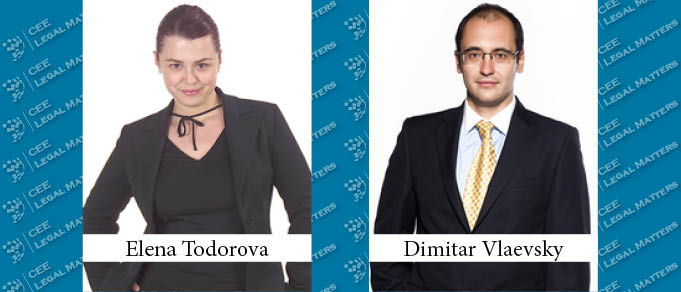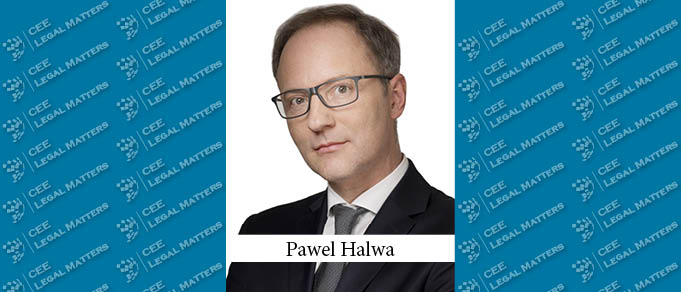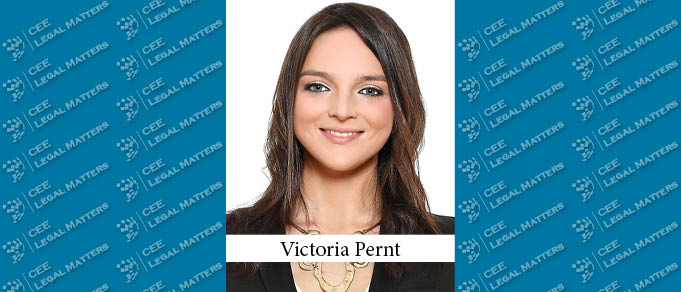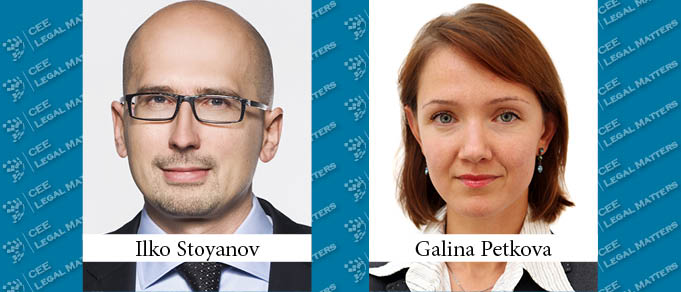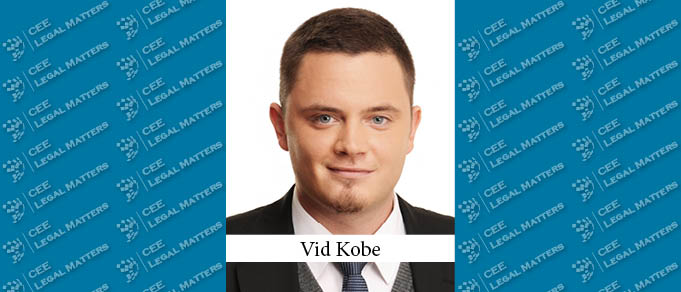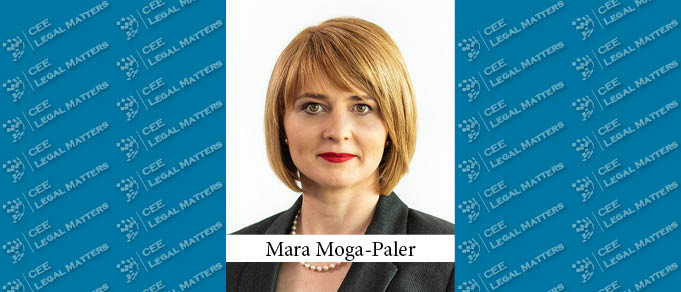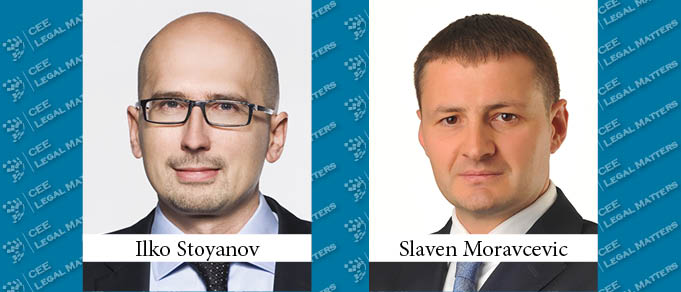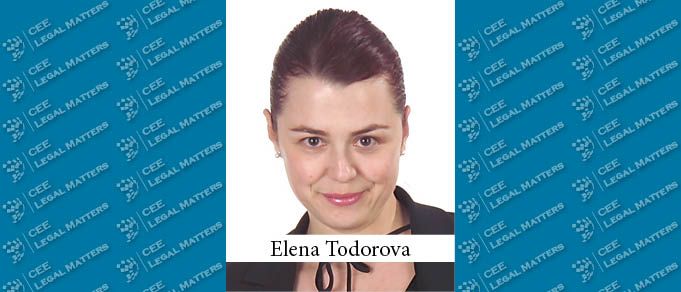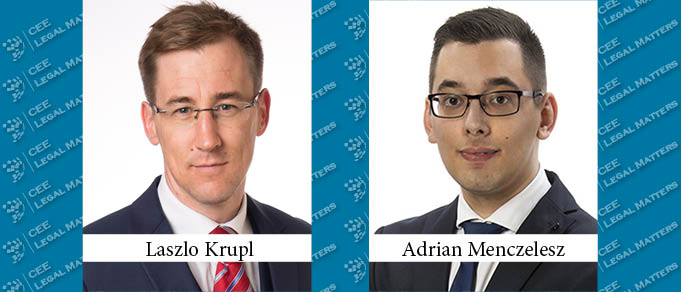Unsurprisingly, 2020 saw a reduction in the A-listers on the Bulgarian real estate market, including investors in office, retail, and hospitality properties. The lockdown sent IT companies, which had been dictating the local office space market, into home office. The future of commercial and entertainment properties like shopping malls, cinemas, concert venues, and sports arenas remains uncertain – but tourism remains the hardest hit.
An Unusual Year in Review: Our Annual Expert Round Table
On December 15, 2020 CEELM gathered legal experts from across the region for its annual Year-in-Review Round Table conversation. In a wide-ranging discussion, participants shared opinions and perspectives on their markets, on strong (and less-strong) practices across the region, and the effect of the COVID-19 crisis on both, as well as on how technology is changing the legal industry, and what the industry will look like in 2021.
Polish M&A Market – Times Are Changing
Looking back at 2020, one can draw some conclusions and identify some trends in the Polish transactional market likely to stay with us in 2021.
Turkey: New Instruments in Debt Capital Markets – Secured Debt Instruments and The Security Agent
2020 was a busy year for the legislator in relation to the Turkish Capital Markets. An amendment made in the Turkish Capital Markets Law (CML) at the beginning of 2020 introduced several elements, including a Security Agent, into Turkish law. And then the pandemic hit, making the trust factor in regard to assets even more crucial than it was before. In times of uncertainty, the Security Agent may be invited to play a greater role.
Bulgaria: Recommended Benchmark Replacement Clauses for Credit Agreements with Bulgarian Borrowers
Since the cessation of the widely-used LIBOR benchmark has become a realistic prospect, due to the UK Financial Conduct Authority’s announcements that it will stop supporting this benchmark at the end of 2021, the question of what will take its place has become a hot topic for lenders and lawyers drafting credit agreements.
Beyond Dispute
New Counsel Victoria Pernt on Schoenherr’s impressive Arbitration practice.
How Final is a “No” in a Merger Control Decision in Bulgaria?
Until 2018 the Bulgarian Commission for Protection of Competition had never prohibited a concentration. In 2018, however, in consecutive decisions, the CPC prohibited the acquisition of CEZ by Inercom and the acquisition of Nova TV by the investment group PPF. In 2019 two other transactions – Eurohold/CEZ and Emko/Dunarit – were blocked.
Bulgaria at the Boil: Frustration with the Status Quo Pulls People to the Streets
Already struggling with the international coronavirus pandemic, Bulgaria has recently found itself dealing with a major internal political crisis as well – one which, ironically, despite the general incentive towards social distancing, has brought people outside of their homes and onto the streets of the nation’s major cities.
M&A in Slovenia in 2020: Review and Preview
Although, like many other CEE jurisdictions, Slovenia experienced major COVID-19-related market turbulence in the first half of 2020, the market has nonetheless seen some interesting developments as well – and more activity is likely to follow in Q3 and Q4.
Employment Relations in Romania: Between Viral Redundancies and Good News
The Romanian labor market before the COVID-19 pandemic was very competitive. On the one hand, foreign companies closely monitored the opportunities of a developing market and local labor force, while on the other hand, the tradition of people traveling abroad in pursuit of happiness and the flood of young and bright minds out of the country had spread enough to make recruitment a difficult process and to significantly affect the labor market in general.
Electricity Production in Bulgaria Affected by the Pandemic
The main concern in the energy sector in Bulgaria, as in the rest of the EU, has shifted from constantly-increasing electricity prices to a significant drop in those prices during the pandemic. The Independent Bulgarian Energy Exchange (IBEX) reported the lowest prices in Europe – from below EUR 4/MWh to approximately EUR 12/MWh – for the day ahead market during the first weekend of April. Although these record-breaking figures have not stayed constant, the reduction of electricity consumption in the industry sector is still prolonging the trend, which is obviously here to stay. Electricity prices from approximately EUR 14 to EUR 35 for the first week of May are still way below the weighted average price of EUR 48.64/MWh for the day ahead market for 2019.
Marketing Law Firm Marketing: Childhood Dreams
We decided to lighten the mood this time around by asking our Law Firm Marketing experts from across the region a non-law-firm related question: “What did you most want to be when you were little?”
Deal Expanded: United Group’s Acquisition of Tele2 Croatia from Tele2 AB
Schoenherr Partner Alexander Popp in Austria and Attorney at Law Ivan Einwalter in Croatia talk about the CEE 2019 Deal of the Year in Croatia
Deal Expanded: United Group’s Acquisition of Vivacom Bulgaria
Schoenherr Partners Ilko Stoyanov in Bulgaria and Slaven Moravcevic in Serbia Talk About The Deal of the Year in Bulgaria
Bulgaria: The Effect of the New EU Medical Device Regulation on Bulgarian Legislation
In 2010, France’s Agence Nationale de Sécurité du Médicament published the results of tests of breast implants produced by the French company PIP and banned their use, due to an increasing number of reports of incidents related to impaired implant integrity and subsequent health-related complications.
Guest Editorial: The Ever-Changing Legal Market
Everybody talks about the speed at which life moves in our globalized world. And the Austrian legal market isn’t evolving more slowly – so keep up the pace!
Upcoming Legal Changes Affecting the Real Estate Sector
Market Spotlight - Hungary
Recent Changes in the Stock Exchange Regulation
On December 27, 2019, several amendments made to the Hungarian capital markets act by the Hungarian Parliament to adhere to the relevant rules of the European Union be-came effective, also making it easier for Hungarian companies to issue bonds under the Bond Funding for Growth Scheme (BGS) by introducing more lenient information and publication rules for issuances.

